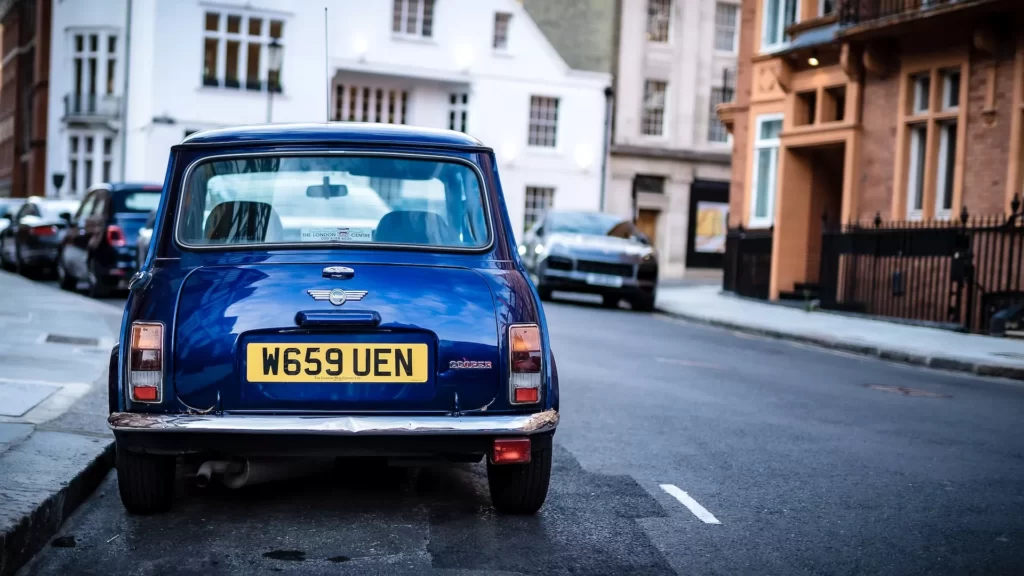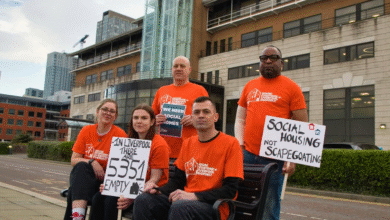
Getting Back Behind The Wheel: How To Bounce Back From An Accident
Accidents can happen to anyone, and even the most cautious drivers can find themselves involved in a non-fault accident. This whole entire process can be super intimidating to say the least. You’re having to deal with the hassles of insurance, you need to work with a car accident lawyer, and there might be harassment from the other driver, too. It’s mentally taxing, all of it. While the physical recovery is crucial, the mental and emotional aspects of healing should not be neglected. Getting back behind the wheel after an accident can be challenging, but with the right mindset and guidance, you can regain your confidence and safety on the road.
While it is a nervous time for anyone, the alternative is not getting back behind the wheel, and that doesn’t seem like much of an option. Being able to drive offers you a level of freedom that is hard to achieve without that ability, and between being empowered to make longer trips whenever you want and having the option to get where you need to go in an emergency, it can’t be overvalued. In this article, we will discuss various steps to help you feel secure and self-assured when you return to driving.
Seek Assistance from a Non-Fault Accident Specialist:
One important step is to seek the assistance of a non fault accident specialist, who will help recover your car and ensure that your insurance is not impaired by someone else’s careless driving. They can also provide valuable advice on the best course of action to take following the accident, easing the stress and worry that you may feel during this time. It’s vitally important to take any help you can get in the aftermath of an accident, and all the more so when the accident has not been your fault. At a time like this, it’s easy to feel vulnerable. You’ll feel less so when you know you have someone in your corner.
Reflect on the Accident:
Allow yourself to think about the accident, as this can help you process your emotions and learn from the experience. Understanding what happened and identifying areas for improvement can provide you with valuable insights for future driving situations. Even when an accident has not been your fault, coming up with ideas for defensive driving and looking at the ways you can be less vulnerable on the road will be to your benefit in the long term. You will end up thinking about the accident anyway. Taking the time to think of things on your own terms makes it less likely you’ll be assailed by intrusive thoughts about it in future.
Start Small and Build Up:
After an accident, it’s natural to feel apprehensive about driving. Begin with short, familiar routes to rebuild your confidence gradually. As you become more comfortable, start to incorporate longer drives and busier roads into your routine. Quick trips to local destinations will allow you to get the feel of the steering wheel and gearstick, keeping your driver’s reactions sharp so that when the time comes to drive to a neighbouring city, or even better yet go for a road trip on the continent, you’ll feel entirely capable of taking everything in your stride.
Have Your Car Inspected:
Before getting back on the road, ensure your vehicle is in optimal condition. Have a professional mechanic inspect your car for any damage that may have occurred during the accident. Repairing your car will not only ensure your safety but also help restore your confidence in its reliability. The alternative is that you do nothing and hope it’s fine, but imagine how you will feel if you then get back on the road and something fails in your vehicle. A non-fault accident can be detrimental to your confidence, but a loss of efficiency due to complacency can be absolutely ruinous.

Speak to Others for Support and Perspective:
Discussing your accident with friends, family, or even a counsellor can provide valuable perspective and reassurance that you’re not alone in your feelings. Hearing other people’s experiences can remind you that accidents happen, and you shouldn’t let them define your ability to drive. The average driver will be in between three and four accidents in the course of their time behind the wheel. In all likelihood, your family and friends will be among those who have had crashes, and they’ll allow you to gain a sense of perspective which will help you get over the accident in due course.
Take Extra Lessons or a Refresher Course:
If you’re feeling particularly anxious and stressed, consider taking extra driving lessons or a refresher course to reinforce your skills and boost your confidence. A qualified instructor can provide feedback, guidance, and reassurance as you navigate the road to recovery. They can also deal with specific, situational concerns that you have, such as how to deal with aggressive road users. You had questions about the road when you were first learning to drive, and the lessons you took helped you answer those. Now as a qualified driver, you’re going to have different questions, and it is always worth putting those to someone whose job it is to know the answers.
Acknowledge and Conquer Your Anxiety:
Recognise that anxiety is a normal reaction to returning to the driver’s seat after an accident. Acknowledge these feelings and face them head-on, knowing that with time and practice, you will feel more at ease behind the wheel. Every time you have a tricky situation in life, it feels dominating and oppressive and it’s only with distance that this becomes easier. Trying to act as though you haven’t been affected is like trying to run on a broken leg – it’s not going to work, and it will only increase the damage in the long term.
Recovering from a non-fault accident involves more than just physical healing; it also means regaining your confidence and sense of safety on the road. By seeking professional assistance, reflecting on the accident, starting small, having your car inspected, speaking to others, taking extra lessons, and acknowledging your anxiety, you can overcome your fears and return to the driver’s seat with a renewed sense of confidence. Remember, accidents happen, but with the right approach, you can continue to enjoy the freedom and convenience that driving provides.







